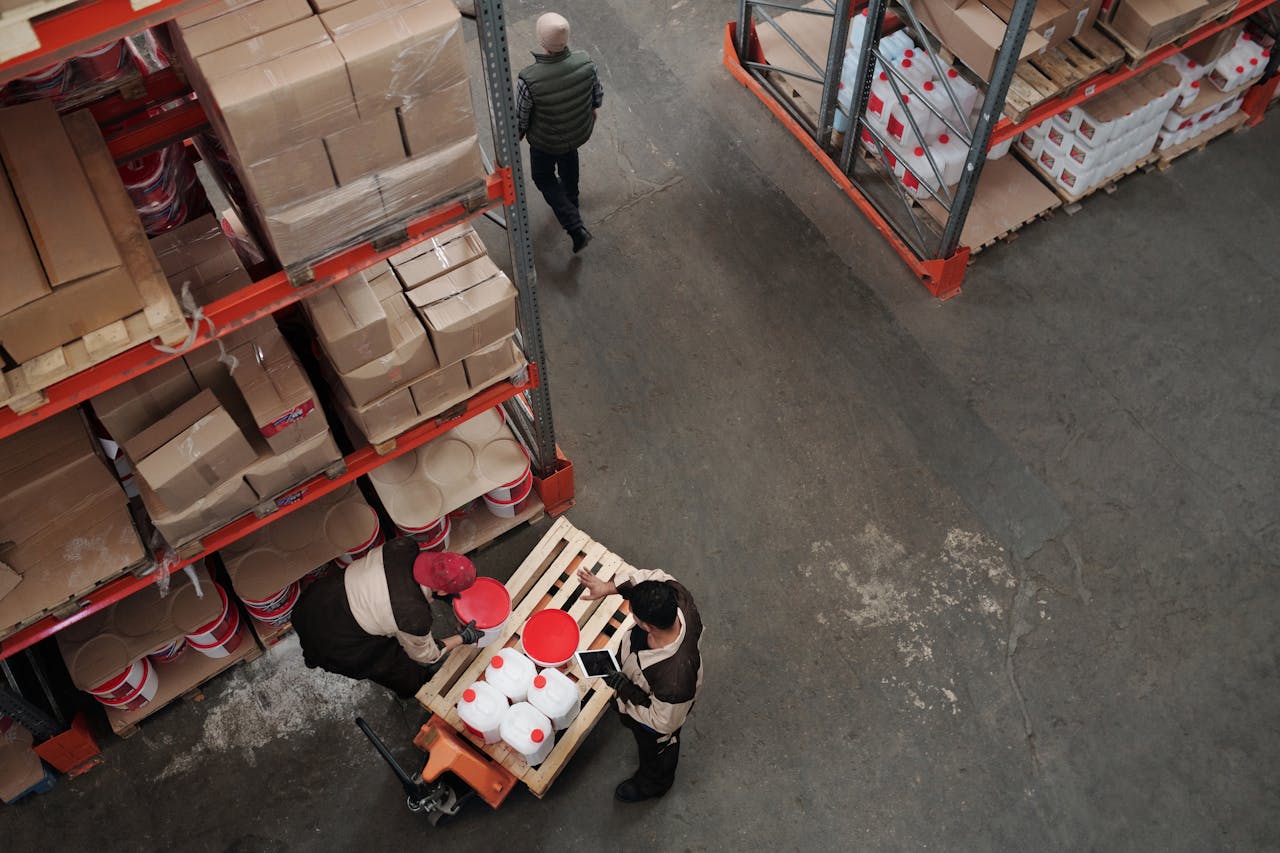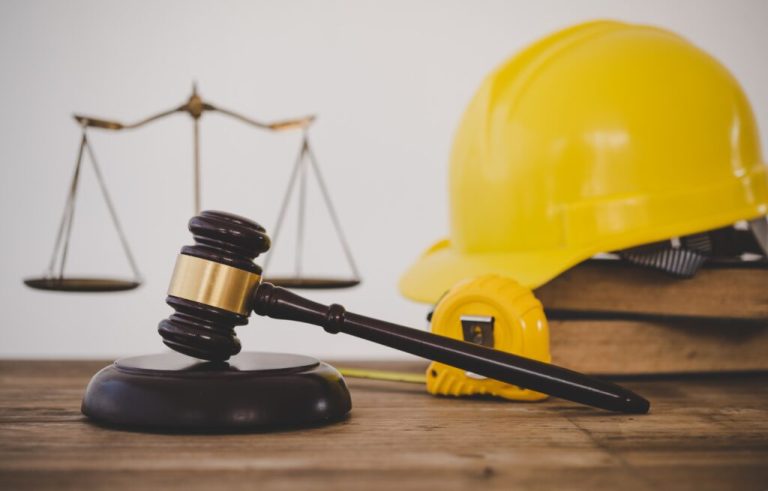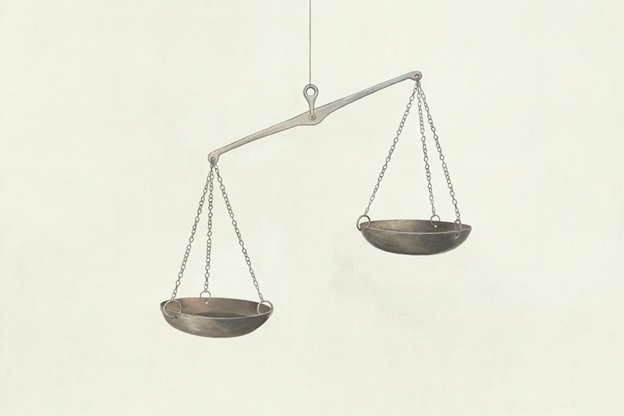Essential Tips for Choosing and Maintaining Industrial Flooring

Industrial flooring is a critical component of any manufacturing, warehousing, or commercial facility. It needs to withstand heavy loads, frequent traffic, and various environmental conditions while ensuring safety and durability. Here are some essential tips for choosing and maintaining industrial flooring.
1. Understand Your Needs
Before selecting industrial flooring, consider the specific needs of your facility. Evaluate the type of activities, the volume of traffic, and the kinds of equipment used. This will help you choose a flooring material that can withstand the demands of your operations.
2. Choose the Right Material
Different materials offer various benefits and drawbacks. Common options include:
- Concrete: Durable and cost-effective, suitable for heavy machinery and high traffic.
- Epoxy: Provides a smooth, resistant surface ideal for areas requiring cleanliness and chemical resistance.
- Vinyl: Flexible and easy to clean, suitable for areas with less heavy traffic.
- Rubber: Great for providing cushioning and reducing noise, ideal for areas where employees stand for long periods.
Select a material that matches your operational requirements and budget.
3. Consider Safety Features
Safety is paramount in any industrial setting. Choose flooring with anti-slip properties to reduce the risk of accidents. Additionally, consider installing floor markings and coatings that enhance visibility and designate specific areas for different activities.
4. Plan for Durability and Maintenance
Invest in flooring that offers long-term durability and is easy to maintain. High-quality materials might have a higher upfront cost but will save money in the long run due to reduced maintenance and replacement needs. Ensure that the flooring can withstand the specific wear and tear it will face in your facility. If you need to replace your flooring, PSR industrial flooring UK has you covered.
5. Implement a Regular Cleaning Schedule
Maintaining your industrial flooring requires a consistent cleaning schedule. Regular sweeping, mopping, and scrubbing will prevent the buildup of dirt and debris, which can cause damage over time. Use appropriate cleaning solutions and equipment recommended for your flooring type.
6. Perform Routine Inspections
Regular inspections help identify any early signs of damage, such as cracks, chips, or wear patterns. Addressing these issues promptly can prevent more extensive damage and prolong the life of your flooring. Document and schedule repairs as needed to maintain a safe environment.
7. Protect High-Traffic Areas
High-traffic areas are more prone to wear and tear. Consider using protective measures such as floor mats, additional coatings, or barriers to extend the lifespan of these zones. This is especially important near entrances, loading docks, and areas where heavy machinery operates.
8. Use Professional Installation and Repairs
Proper installation is crucial for the longevity and performance of your industrial flooring. Hire experienced professionals to ensure that the flooring is installed correctly and meets all specifications. Similarly, professional repairs can prevent further damage and ensure the safety of your facility.
9. Adapt to Environmental Conditions
Consider the environmental conditions your flooring will face. For example, facilities exposed to extreme temperatures, moisture, or chemicals need flooring that can resist these elements. Choose materials and coatings that offer protection against these specific challenges.
10. Plan for Future Needs
Anticipate future changes in your operations when selecting industrial flooring. Flexibility and scalability are important if you expect changes in traffic patterns, equipment usage, or facility layout. Choose a flooring solution that can adapt to these changes without requiring a complete overhaul.
Conclusion
Choosing and maintaining industrial flooring is a critical investment in the safety, efficiency, and longevity of your facility. By understanding your needs, selecting the right materials, and implementing a robust maintenance plan, you can ensure that your industrial flooring performs well under the demands of your operations. Prioritise durability, safety, and professional installation to create a solid foundation for your industrial activities.









